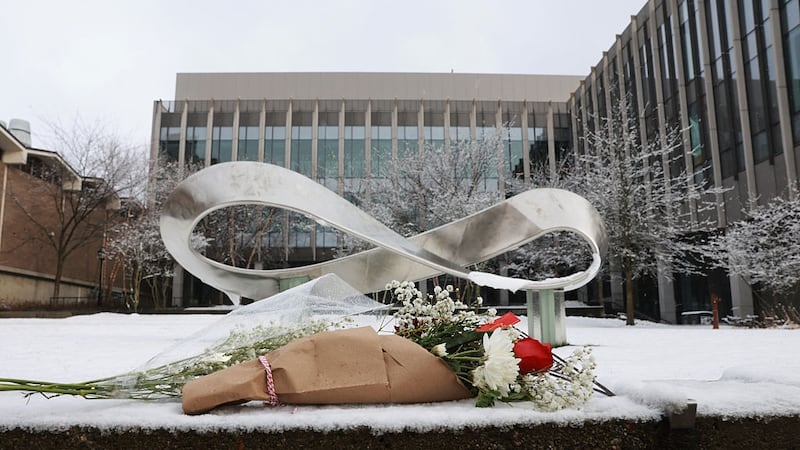ORANGE COUNTY, Fla. — During a critical time of need, an ambulance can help save your life. But 9 Investigates learned thousands of central Florida residents aren't paying for the service, which means the rest of us pick up the unpaid bills through property taxes and higher ambulance fees.
Eyewitness News followed paramedics in Pine Hills as they raced to help a pregnant woman with stomach pain who called 911. Medics took the woman across town to Florida Hospital.
She will be billed about $450, but there's a good chance she won't pay. About 250,000 Orange County residents lack health insurance, which explains why only half the people local paramedics transport to hospitals ever pay.
9 Investigates discovered $8.5 million worth of unpaid ambulance bills in Orange County just from last year. And those costs are passed on to the rest of us through property taxes and higher ambulance fees.
Orange County Fire Chief Otto Drozd said he would like to reduce the amount of uncollected ambulance bills.
Still, when he sets his budget, Drozd assumes the department will only collect half of what it bills.
"Were not going to chase them down in the middle of the night for it," said Drozd. "We understand people can't pay."
That includes people like Trino Valdez. A tree crushed his car while he was driving along Robinson Street. Valdez nearly died, but paramedics rescued him.
"I am very grateful to the fireman and the ambulance," Valdez told 9 Investigates.
But Valdez has limited insurance. His hospital bills are through the roof, and he is in too much pain to work.
9 Investigates checked and found Orange County's unpaid ambulance bills far outpace other jurisdictions.
Orlando had $3.7 million outstanding in unpaid ambulance bills last year. Seminole had just $275,000 worth of unpaid bills.
Drozd said it's all about demographics, especially in Seminole County.
"They have many more insured people in their county," said Drozd.
All three municipalities use collections agencies for those people who don't pay. The three different collection agencies each have success rates lower than 3 percent, according to those three jurisdictions, which means higher ambulance bills for everyone else.
"Those that are part of tax base that can pay are supporting some of those who can’t, but they all have a need,” Drozd said.
Despite his inability to pay, Valdez appreciates the paramedics who were there when he needed them.
He is suing Orlando for not maintaining the tree that fell on him. If he wins and collects money, he wants to pay his ambulance bill first.
"They saved my life," Valdez said.
Unpaid ambulance bills are not unique to central Florida. This is happening all over the country.
Part of the reason: Medicaid and Medicare only pay about half of what it costs to transport a person to the hospital.
9 Investigates asked several cities if the Affordable Care Act will help this situation. Administrators said it's too early to predict.
WFTV




